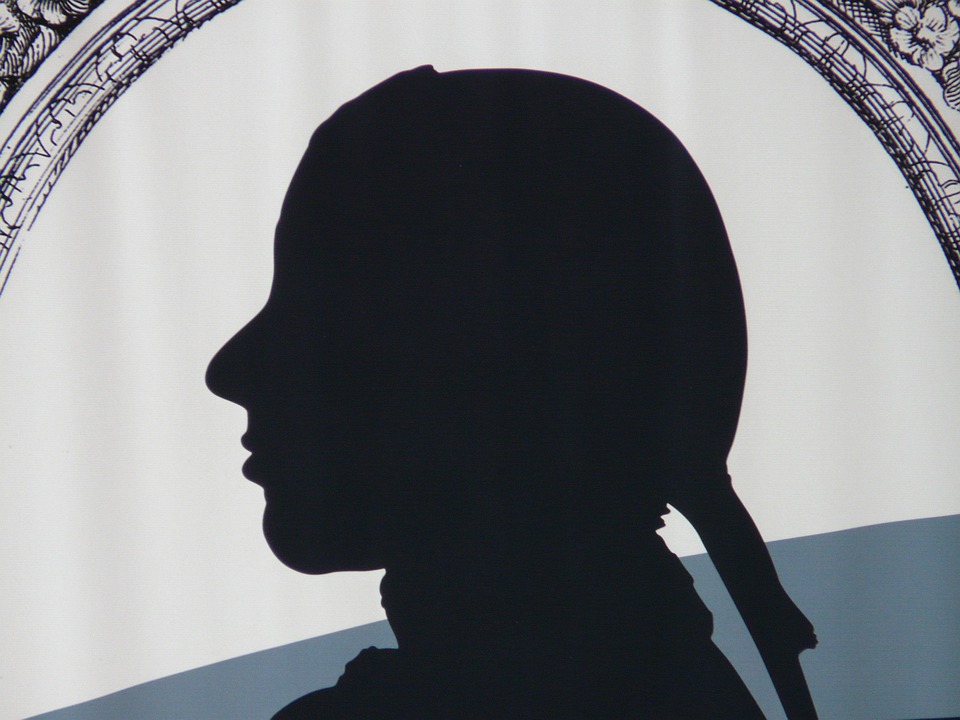When one embarks on the journey of historical research, the labyrinth of sources, narratives, and interpretations can be daunting. Yet, the art of interviewing stands as a beacon, guiding historians through this complexity. The following insights serve as essential guides for historians keen on honing their interviewing skills, enabling them to unearth the rich tapestries of the past.
1. The Power of Preparation
Preparation is not merely a preliminary step; it’s the foundation upon which fruitful interviews are built. A historian must delve into the context of the subject matter, familiarising themselves with:
- Background Information: Knowing the broad strokes of the topic allows for more insightful questions.
- Key Figures: Understanding the individuals involved can illuminate their perspectives and biases.
- Relevant Debates: Awareness of ongoing scholarly discussions can guide the interviewee’s focus.
Armed with this knowledge, a historian can craft targeted questions that uncover deeper narratives and hidden truths, rather than skimming the surface.
2. Crafting the Right Questions
The art of questioning is a delicate balance. Open-ended questions invite expansive responses, while specific queries can yield valuable details. Consider these types:
- Clarifying Questions: “Can you elaborate on your experience during that event?”
- Probing Questions: “What motivated your actions in that context?”
- Reflective Questions: “How do you perceive the impact of that period on today’s society?”
By diversifying the types of questions, historians can foster a more dynamic exchange, leading to unexpected revelations and insights.
3. Creating a Comfortable Atmosphere
An interview is as much about the environment as it is about the questions posed. Establishing rapport can significantly influence the quality of the information shared. Techniques to consider include:
- Active Listening: Show genuine interest in the interviewee’s responses, encouraging them to share more.
- Empathy: Acknowledge their emotions and experiences, creating a safe space for vulnerability.
- Flexibility: Be willing to deviate from the script if the conversation takes an intriguing turn.
These strategies cultivate trust, allowing for a more authentic dialogue that can yield richer historical data.
4. Documenting the Conversation
Recording the interview, whether through audio, video, or meticulous note-taking, is crucial. It ensures that the nuances of the dialogue are preserved for later analysis. Consider the following methods:
- Audio Recordings: Capture the exact words and tone of the interviewee, invaluable for context.
- Field Notes: Jot down immediate thoughts and observations that may inform the analysis later.
- Transcription: Convert recordings into written form for ease of reference, highlighting key themes and quotes.
The fidelity of documentation is paramount; inaccurate records can lead to misinterpretations and the erosion of historical accuracy.
5. Reflecting on the Insights Gathered
Post-interview reflection is as critical as the interview itself. Historians should take time to consider:
- Themes and Patterns: What recurring ideas emerged? How do they align or contrast with existing literature?
- Bias and Perspective: Understanding the interviewee’s background aids in contextualising their narrative.
- Next Steps: Identify gaps in knowledge that may require further interviews or research.
This reflective practice not only enriches the historian’s understanding but also informs future research directions.
As we navigate the intricate landscape of historical research, the art of interviewing remains a vital tool. By preparing thoroughly, asking insightful questions, creating an inviting atmosphere, documenting meticulously, and reflecting deeply, historians can unlock the past’s secrets with remarkable efficacy.
For those seeking to refine their professional profiles, CVPortal continues to provide a wealth of quality CV references, ensuring that your journey in the world of history—and beyond—is well-supported.


